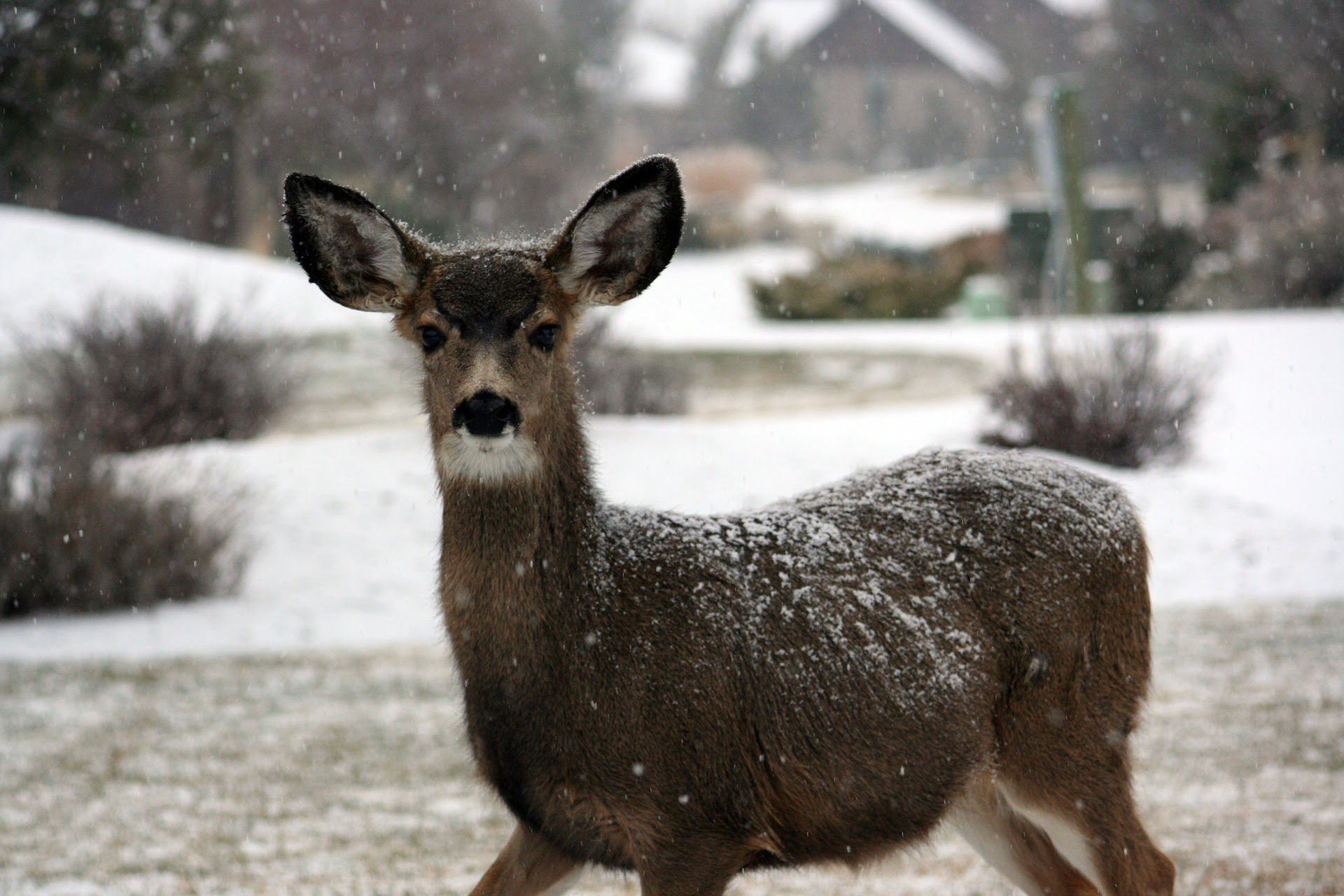LOCAL
Widespread pesticide exposure reported in Minnesota white-tailed deer
A study by the Minnesota Department of Natural Resources (DNR) has reported preliminary results showing that white-tailed deer across the state are exposed to neonicotinoid pesticides. Neonicotinoids "neonics" are systemic pesticides popular amongst farmers in the world and the United States because they are very effective against harmful insects that destroy seeds and crops.
However, this high efficacy comes at a cost since neonicotinoids are reported to be responsible for the decline in bee populations, toxic to birds, a surface water pesticide of concern, and may be toxic to mammals. In 2019, a study done on captive white-tailed deer in South Dakota stated the potentially detrimental effects of neonicotinoids on the physiology and reproductive characteristics of deer.
The study tested 800 deer spleens submitted to the DNR by hunters, and neonicotinoid exposure was detected in 61% of the 800 spleens samples. The DNR’s wildlife health program supervisor Michelle Carstensen said, “We wanted to know if wild deer in natural settings are being exposed to neonics and if certain habitat types had a higher risk.” The agency further reported that these preliminary results show statewide exposure of deer to neonicotinoids. Further tests are yet to be done to determine if the levels of exposure are high enough to affect the health of deer.
The Minnesota DNR says more sampling is being planned for this fall, and hunters who would like to contribute to future research can subscribe to the deer newsletter so as to keep up to date with deer-related research opportunities.
Minnesota Department of Natural Resources
Outdoor news
NATIONAL
APHIS Proposes to Eliminate the Voluntary Trichinae Certification Program
The USDA's Animal and Plant Health Inspection Service (APHIS) is proposing to end the Voluntary Trichinae Certification Program and remove all regulations associated with the program from the Code of Federal Regulations. This program was launched by the USDA in May 2007 but has since then generated little producer participation. According to the USDA news release, APHIS believes ending this certification program would free up more resources and allow APHIS to direct resources to areas of greater need.
Trichinella Spiralis is a parasitic nematode that occurs in mammals, including rodents, pigs, and humans, and causes the disease trichinosis. Trichinella is often referred to as the ‘pork worm’ because it is frequently found in undercooked pork.
The U.S. commercial swine herd is free of trichinae and this might explain low producer participation in the Trichinae Certification Program. According to the USDA, this extremely limited participation in the voluntary program has caused some confusion with trading partners over the trichinae-free status of U.S. pork products.
USDA believes eliminating the Voluntary Trichinae Certification Program will benefit the swine industry by reducing this confusion but seeks comments on this proposal from the general public before May 3, 2021. This proposal is on display in the Federal Register.
Comments can be sent via Postal mail or via a web portal. Instructions on how to submit your comments can be found on the USDA-APHIS website.
USDA-APHIS
The Pig Site
Pork business
INTERNATIONAL
Africa: Multiple countries report African swine fever outbreaks
Since the beginning of the year, several African countries have reported outbreaks of African swine fever (ASF). The most recent country being South-Africa, which reported outbreaks in two farms in the Western Cape, Free state, Eastern Cape and Gauteng Provinces. Cases of ASF have also been reported in Tanzania, and Uganda.
In Tanzania, at least 500 pigs are reported to have died following an outbreak in the northern district of Kahama, Anamringi Macha, the district commissioner, explained that pork sales had been banned to curb the spread of the virus. He further said, “The district authorities in collaboration with the central government are working hard to ensure that the disease is controlled before it spreads to neighboring districts and regions.”
While in Uganda, the disease has upset the local pig industry, following outbreaks in Kitgum district, in northern Uganda. The local veterinary authorities have placed restrictions on movements and slaughter of pigs as a measure to control disease spread. According to the district veterinary officer Alfred Kinyera, Veterinary officials have also developed a training program for pig farmers that stresses early preparedness and disease management.
ASF is a devastating disease of pigs, and there is still no approved vaccine. In many African countries, ASF remains endemic, and the effects of a single outbreak greatly affect smallholder farmers whose livelihoods may solely depend on a few pigs.
Currently, the spotlight is on China, the world’s largest pork producer and consumer, which still reports new ASF outbreaks despite the country's steady efforts to emerge from the devastating effects of the 2018-2019 epidemic. This focus overshadows the situation of ASF in smaller African countries, which might become a source for new global outbreaks in the future if left uncontrolled.
The Pig Site: Ugandas Kitgum region enacts strict biosecurity measures after asf outbreak
The Pig Site: Tanzania reports major outbreak of asf
South African Government News Agency
|

